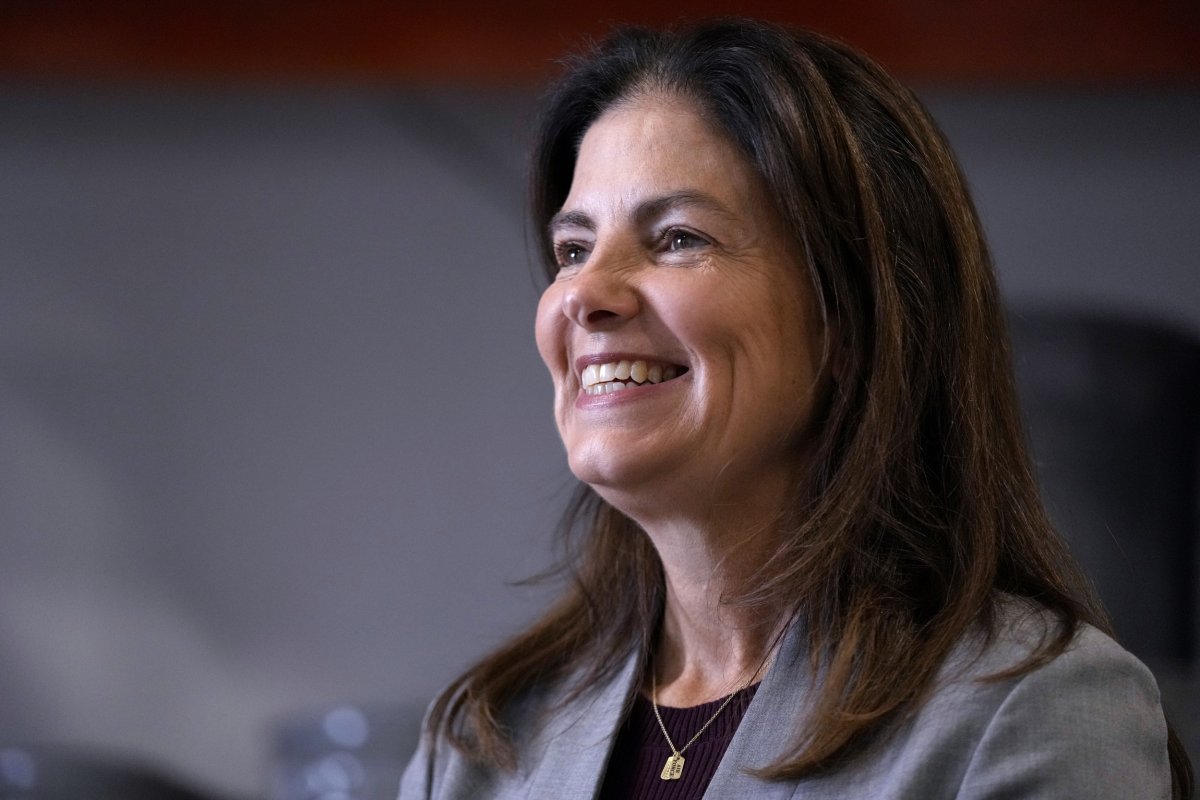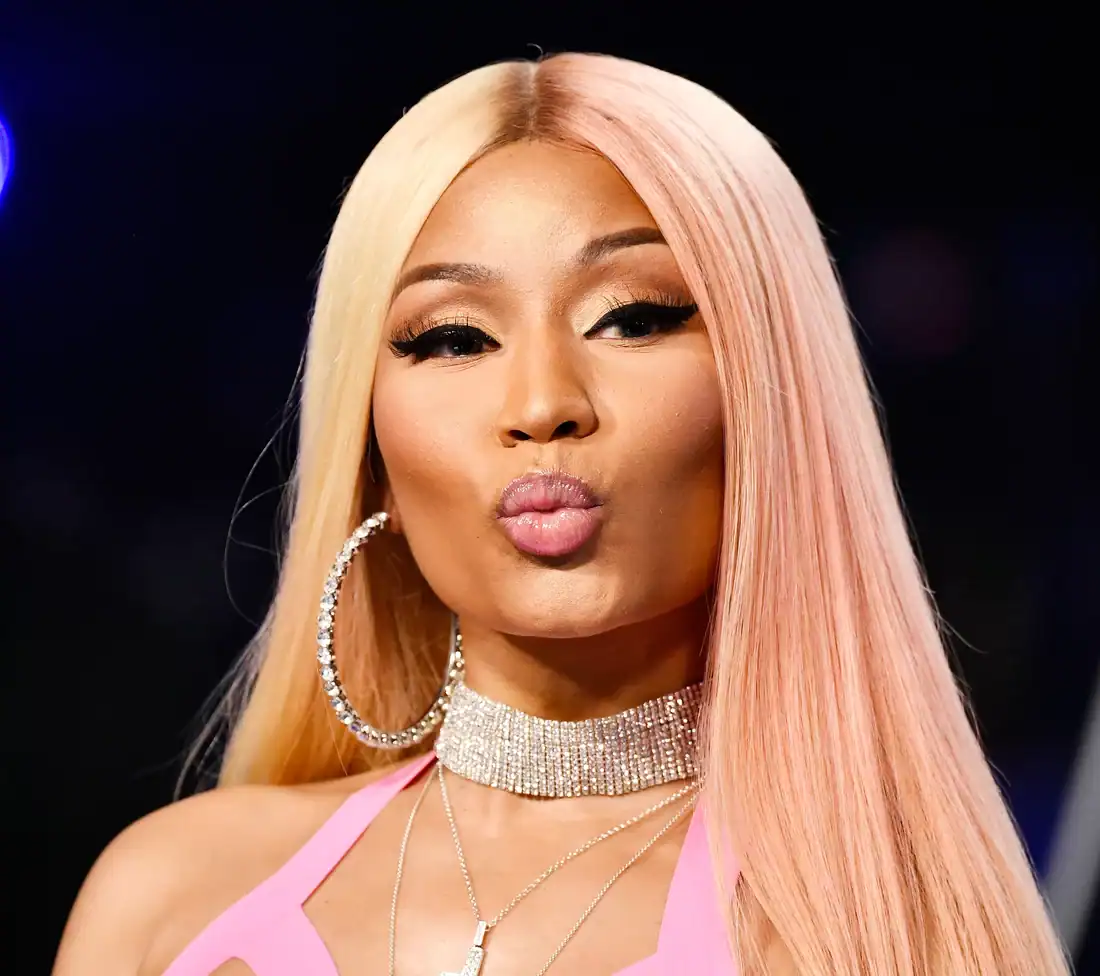With Kelly Ayotte's election as governor of New Hampshire, a record 13 women will serve as U.S. governors in 2024, surpassing the previous high of 12 set after the 2022 elections.
Ayotte, a former U.S. senator, won against Democrat Joyce Craig, making her the third woman to lead New Hampshire. As governors shape policy and gain political clout, this milestone reinforces the visibility of women in executive roles.
"It matters to have women in those roles to normalize the image of women in political leadership," Kelly Dittmar, research director at the Rutgers Center for American Women and Politics, told the Associated Press. She added, "Thirteen out of 50 is still underrepresentation."
New Hampshire's Long Tradition of Female Leadership
New Hampshire has a notable history of electing women. Ayotte was part of the nation's first all-female congressional delegation, and the state was the first to have a female governor, state Senate president, and House speaker simultaneously, along with a female majority in its Senate.
Ayotte's win underscores New Hampshire's continued commitment to female leadership, a tradition distinguishing it from the 18 states that have never had a female governor.

"Being a woman isn't really that critical to her political persona," Linda Fowler, professor emerita at Dartmouth College, said regarding Ayotte's approach.
Despite her gender not taking center stage, Ayotte's campaign saw reproductive rights become a primary focus, with both candidates releasing ads about their personal experiences with miscarriage.
Challenges Women Face in Executive Roles
While the increase in female governors is a step forward, experts say women face greater scrutiny in executive roles like governor and president. This visibility often brings more intense judgment than male counterparts face, from assessments of their appearance to their intelligence and personal lives.
Dittmar noted that while voter decisions are primarily shaped by party loyalty and ideology, female candidates encounter layers of scrutiny that can influence public perception. These obstacles are amplified in executive roles that involve masculine stereotypes, such as commander-in-chief, which women must often work harder to overcome.
"Sexism, racism, misogyny, it's never the silver bullet," said Erin Vilardi, CEO of Vote Run Lead Action, a group that supports women running for state office. "But we have so much of that built in to how we see a leader."

Looking Ahead: Gains and Setbacks for Women in 2026
The 2026 elections, when 36 states elect governors, could see further gains or setbacks for female representation in executive positions.
As of Ayotte's swearing-in, five of the 13 female governors will be Republicans, another record, while eight are Democrats. The 12 current female governors are:
- Kay Ivey (Alabama)
- Katie Hobbs (Arizona)
- Sarah Huckabee Sanders (Arkansas)
- Kim Reynolds (Iowa)
- Laura Kelly (Kansas)
- Janet Mills (Maine)
- Maura Healey (Massachusetts)
- Gretchen Whitmer (Michigan)
- Michelle Lujan Grisham (New Mexico)
- Tina Kotek (Oregon)
- Kathy Hochul (New York)
- Kristi Noem (South Dakota)
In the meantime, leaders like Vice President Kamala Harris continue to break barriers at the federal level despite facing gendered challenges.
"We would also fail to tell the correct story if we didn't acknowledge the ways in which both gender and race shape the campaign," Dittmar said, reflecting on Harris's experience.
This shift marks an important moment for women in American politics, though experts agree progress is still to be made.
This article includes reporting from The Associated Press.



















:quality(85):upscale()/2024/04/24/878/n/3019466/36c5693c662965c5d1ce91.72473705_.jpg)
 English (US) ·
English (US) ·